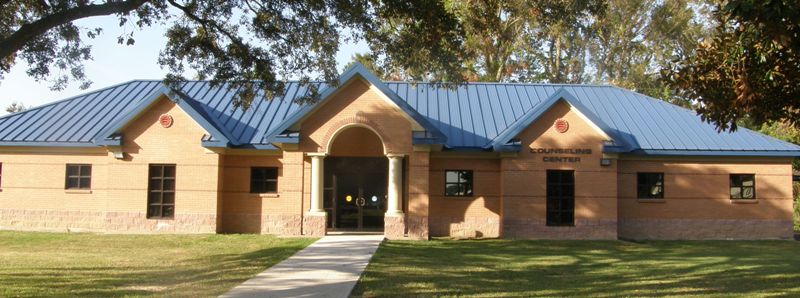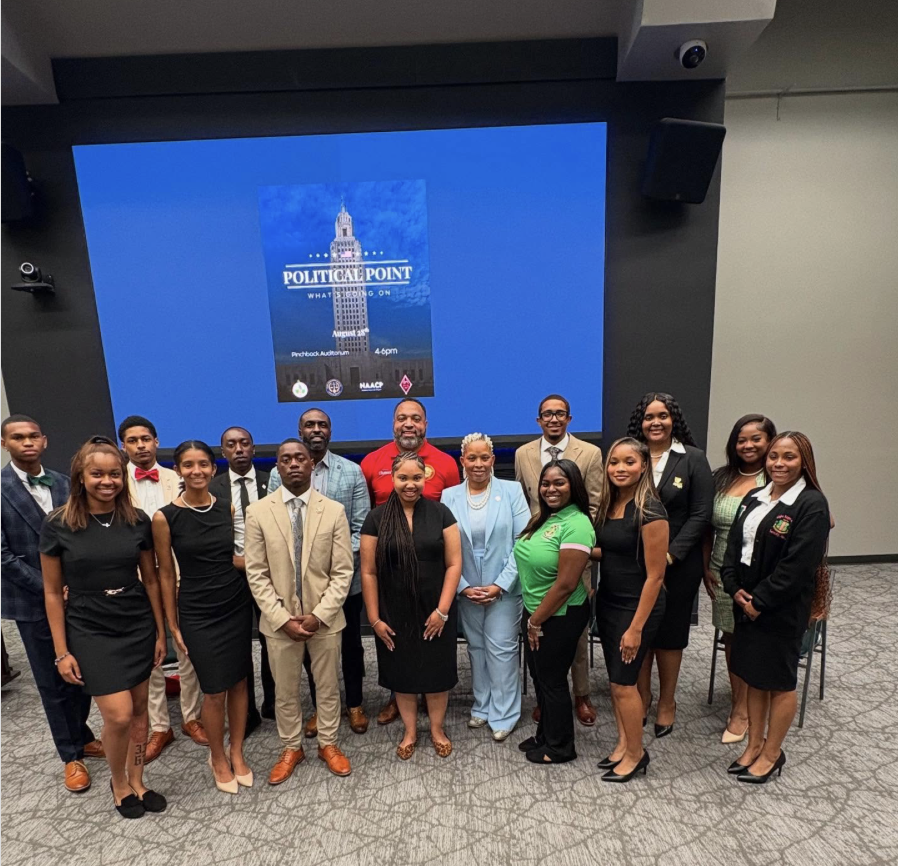While visiting fellow Historically Black College Morgan State University in Baltimore for a conference, a timeless problem among the nation’s black colleges arose once again: In this day and age, why are black colleges still needed?
Morgan State University president, Earl S. Richardson commented on local newspaper, The Baltimore Sun’s article, “Addressing the Divide, Black colleges struggle to reach goals in face of low graduation rates,” which questioned the need and relevance of Maryland’s four black colleges.
The article, written by Gadi Dechter, explained that while black students were enrolling in colleges at a higher level, they were also dropping out at the same rates. It went on to say that because of low graduation rates, lack of funding for HBCUs (Historically Black Colleges or Universities) occurs, rendering the colleges increasingly expensive.
According to the article, two-thirds of freshmen at Maryland’s black colleges and universities need remedial help with college-level reading, writing or math, as opposed to the meager ten percent of students at predominantly white colleges. The article featured black students who chose to go to white colleges based on lower academic standards by HBCUs in the area. Because of lower performance and expectations, students felt that their educations and degrees would carry more clout with a PWI (Predominately White Institution) undergraduate education.
According to the U.S. Department of Education, The Higher Education Act of 1965 defines an HBCU as “any historically black college or university that was established prior to 1964, whose principal mission was, and is, the education of black Americans, and that is accredited by a nationally recognized accrediting agency or association.” These institutions sole purposes were to offer a higher education outlet for African Americans.
While in high school, as several of my classmates and I were applying to our colleges of choice, the conversation would always come back to local schools, should our dreams of “busting outta Louisiana” go sour. As Baton Rouge natives, the last resort for many would boil down to either Louisiana State University or Southern University and A&M College.
Most, if not all black students would say that they would enroll to LSU in a worst-case scenario. Going to a black school, it seemed was a fate worst than death for my high school friends, who would even go as far as to say, “Southern couldn’t pay me to come.”
Until 2001, Southern University had an open admission policy, basically accepting whoever applied. In the fall of that year, the admission standards changed for incoming freshmen, whom were required to have a 2.2 grade point average on a 4.0 scale in high school, or score a 17 of a possible 36 on the ACT, or a 830 of a possible 1,600 on the SAT. That fall, enrollment to Baton Rouge Community College increased, but had limited effect on the Baton Rouge campus.
The same year, during the regular state legislative session, HCR22, “urges the governing boards of public postsecondary four-year education institutions to consider the prohibition of remedial courses,” and HCR80, which was filed with the Secretary of State, “requests the Board of Regents adopt a postsecondary education funding formula that excludes any funding calculation for the cost of providing remedial courses to first-time entering freshmen at certain public colleges and universities,” both were aimed towards colleges with more lenient admission standards. A HCR, or house concurrent resolution is used to take action or express an opinion on behalf of both the House and Senate, but doesn’t make a law, per CSPN.com.
These resolutions, while seemingly innocuous, would affect the funding of nearly all the black public schools in Louisiana. Since then, there have been rumors that a school’s retention would set the precedent for increased or decreased funding, which would not bode well for the current state of affairs at Southern.
While I am a staunch supporter of a person’s right to choose which institution would best fit their needs, HBCUs are still relevant in today’s society. I would never fault someone for choosing a ‘white’ school over a historically black one, but the reasons behind them must be sound. Just because ‘blacks’ are in abundance at a BLACK school, does not automatically mean that the students are hostile and ghetto, or that the courses are easier. It simply means that culture, history and values of a school best fit the student.
Categories:
Black Colleges are still needed
March 11, 2008
0
More to Discover





